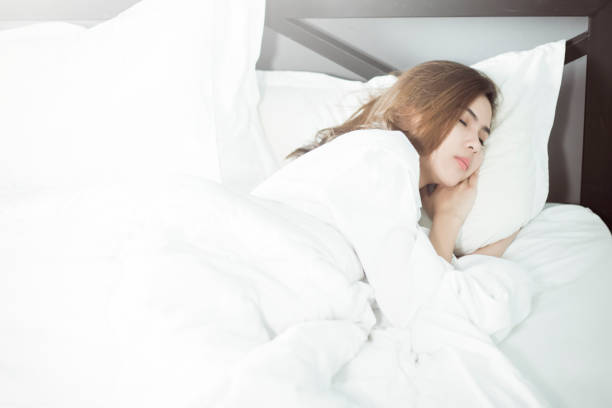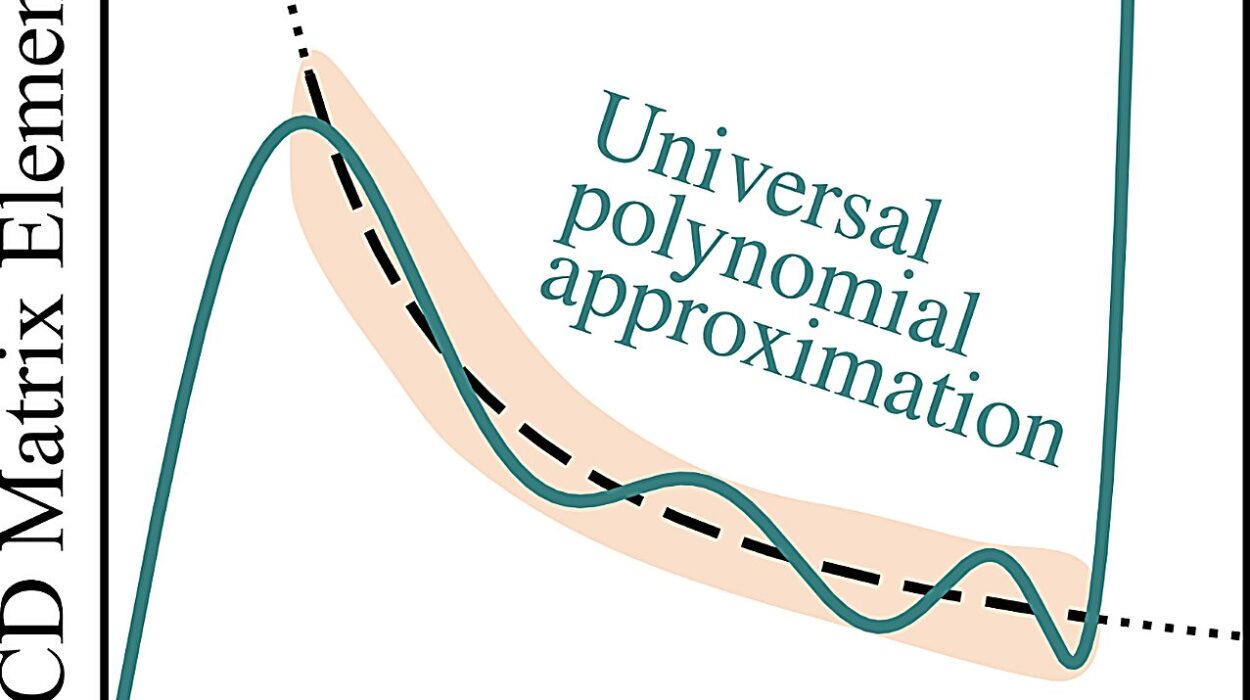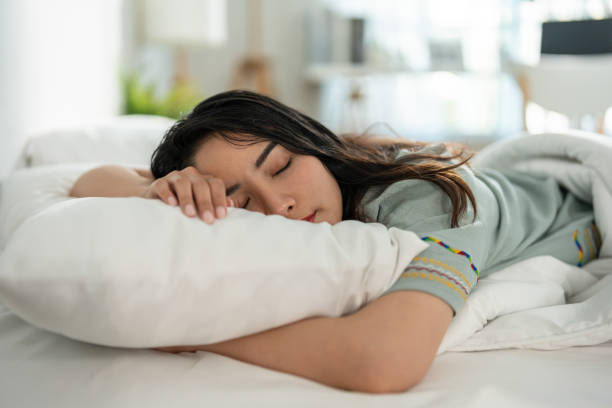Sleep is the great healer, the invisible force that resets our bodies and minds each night. It is as essential as breathing, as nourishing as food, and as restorative as water. Yet, for all its universality, sleep is not the same experience for everyone. Men and women both need it, but they do not experience it in the same way. Gender shapes not only how we sleep but also how a lack of sleep influences our health, emotions, and daily lives.
The differences between men and women in sleep are not superficial. They are woven into biology, hormones, brain chemistry, and even the cultural roles each gender is expected to play. Women and men move through the night with different rhythms, face unique vulnerabilities, and respond differently when sleep goes wrong. To understand these differences is to uncover a deeper truth about human health: sleep is profoundly personal, and for women, it carries a set of challenges and mysteries that are often overlooked.
Biological Foundations of Sleep
At its core, sleep is regulated by two powerful forces: the circadian rhythm and the homeostatic sleep drive. The circadian rhythm, often called the body’s internal clock, regulates when we feel awake or sleepy based on a roughly 24-hour cycle. The homeostatic drive builds pressure to sleep the longer we are awake, ensuring that eventually we rest.
In both men and women, these systems are vital, but biology sets them to slightly different rhythms. Research shows that women’s circadian clocks run a little faster—on average about six minutes shorter than men’s. It may sound trivial, but this difference can cause women to feel sleepy earlier in the evening and wake earlier in the morning. For many women, this means struggling with “social jet lag”—going to bed when society still expects wakefulness, or waking before the world is ready to start.
Beyond circadian timing, the architecture of sleep also shows gendered patterns. Studies using polysomnography (sleep studies that measure brain waves and body activity) reveal that women often spend more time in deep, slow-wave sleep than men. This should theoretically provide a protective benefit, since deep sleep is the stage most critical for physical restoration. And yet, paradoxically, women report more frequent sleep disturbances and poorer sleep quality overall. The reasons lie deeper—in hormones, stress responses, and social roles.
The Role of Hormones: A Lifetime of Changing Rhythms
For women, hormones are not background players—they are powerful conductors shaping sleep across every stage of life. Estrogen and progesterone, the two main female reproductive hormones, influence everything from body temperature to breathing to neurotransmitter activity, and their effects ripple into the night.
During the menstrual cycle, many women notice shifts in sleep quality. In the luteal phase, when progesterone is high, body temperature rises slightly, which can fragment sleep. Estrogen, meanwhile, can influence serotonin and melatonin levels, affecting both the onset and depth of sleep. These fluctuations help explain why insomnia is more common in women, particularly in the days leading up to menstruation.
Pregnancy brings another tidal wave of hormonal changes, reshaping sleep dramatically. Rising progesterone increases daytime sleepiness, while physical changes—frequent urination, heartburn, restless legs, and fetal movements—interrupt the night. By the third trimester, many women experience fragmented sleep that can feel more exhausting than restful.
Then comes menopause, when declining estrogen and progesterone levels further disrupt sleep. Hot flashes and night sweats create sudden awakenings, while mood changes and increased risk of sleep apnea add new challenges. For many women, menopause marks the beginning of a long-term struggle with insomnia.
For men, hormonal influence on sleep is steadier. Testosterone levels do decline with age, but the fluctuations are less dramatic. The difference underscores why sleep is not a uniform biological experience—women live through hormonal landscapes that continuously reshape how they rest.
Sleep and Emotional Health
Sleep is deeply tied to mental and emotional well-being. Women are more likely than men to suffer from depression and anxiety, both of which are closely linked with sleep disturbances. Insomnia is not only a symptom of these conditions but also a contributing factor, creating a vicious cycle where poor sleep deepens emotional distress, and distress makes it harder to sleep.
The relationship between sleep and mood is bidirectional, but women appear more vulnerable to its destabilizing effects. For example, sleep loss has been shown to impair emotional regulation in both men and women, but women often report stronger emotional reactions to sleep deprivation. This heightened sensitivity may contribute to the higher prevalence of mood disorders in women.
Even at a neural level, differences emerge. Brain imaging studies suggest that women may experience greater activation in emotion-related brain regions when sleep-deprived, compared to men. In other words, a poor night of sleep can resonate more profoundly in a woman’s emotional world, amplifying stress, sadness, or irritability.
Physical Health Consequences
The consequences of poor sleep are not only emotional—they reach deep into the body. Chronic sleep deprivation raises risks for obesity, diabetes, cardiovascular disease, and weakened immunity. Yet, women and men do not bear these burdens equally.
Research suggests that women who are chronically sleep-deprived face higher risks of metabolic and cardiovascular disorders compared to men. For example, poor sleep is strongly associated with hypertension in women, even more so than in men. Hormonal differences, immune system variations, and even the way fat is stored in the body all play roles in these disparities.
Women are also more prone to certain sleep disorders. Insomnia affects women at nearly twice the rate of men. Restless legs syndrome, a condition marked by uncomfortable leg sensations that worsen at night, is more common in women, particularly during pregnancy. Sleep apnea, often seen as a “male” condition, is underdiagnosed in women because their symptoms may differ—they are less likely to report loud snoring and more likely to report fatigue or insomnia-like complaints.
Social and Cultural Dimensions of Sleep
Beyond biology, gender roles and cultural expectations profoundly shape sleep. Women, across cultures, are more likely to shoulder caregiving responsibilities for children, aging parents, or household duties. This burden often means less time for sleep or interrupted rest from nighttime caregiving. New mothers, in particular, endure some of the most severe sleep deprivation imaginable, waking multiple times a night for months—or even years.
Work-life balance adds another layer. In modern societies, women are increasingly part of the workforce while still carrying a disproportionate share of domestic responsibilities. This “double shift” leaves little room for adequate rest, creating chronic sleep debt.
Cultural attitudes toward women’s complaints about sleep can also play a role. Men’s snoring is often treated as a medical issue, leading to evaluation for sleep apnea, while women’s complaints of fatigue may be dismissed as stress or anxiety. Such biases contribute to underdiagnosis and undertreatment of women’s sleep disorders.
How Sleep Deprivation Feels Different for Women
Sleep deprivation is universally unpleasant, but women may feel its effects differently. Studies indicate that women often report more daytime fatigue and sleepiness than men after comparable sleep loss. They also tend to experience greater cognitive impairments, particularly in tasks requiring sustained attention or executive function.
The interplay of hormones and brain activity may explain these differences. Estrogen, for instance, has neuroprotective effects, but fluctuations across the month may alter how resilient the brain is to sleep deprivation. Meanwhile, women’s stronger emotional response to sleep loss may magnify its perceived severity.
Yet, paradoxically, some studies suggest women may actually perform better than men on certain cognitive tasks after sleep deprivation. The reasons are not entirely clear but may relate to differences in brain connectivity or resilience. This highlights a fascinating paradox: while women often feel worse subjectively after poor sleep, they sometimes function better objectively in controlled settings.
The Intergenerational Impact of Women’s Sleep
When women lose sleep, the effects ripple outward. Mothers who are sleep-deprived often report greater difficulty with patience, focus, and emotional regulation, which can affect parenting dynamics. Fatigue may strain partnerships, careers, and overall quality of life.
In pregnancy, maternal sleep quality is directly linked to fetal development and birth outcomes. Poor sleep during pregnancy has been associated with gestational diabetes, preeclampsia, and even preterm birth. In this way, women’s sleep health carries generational consequences, influencing not just their own well-being but that of their children.
Strategies for Supporting Women’s Sleep
Addressing the unique challenges women face in sleep requires both individual strategies and systemic change. On the individual level, practicing good sleep hygiene—consistent bedtimes, a cool and dark sleep environment, limiting caffeine and alcohol—remains essential. But for women, these steps often need to be supplemented with hormone-aware approaches, such as targeted interventions for menstrual, pregnancy, or menopausal sleep difficulties.
Healthcare systems must also recognize and address gender disparities in sleep medicine. Better screening for insomnia, restless legs, and sleep apnea in women is critical. Education for healthcare providers on the gendered presentation of sleep disorders can reduce misdiagnosis.
On a societal level, policies that support parental leave, flexible work schedules, and shared caregiving responsibilities can help protect women’s sleep. Sleep should not be treated as a luxury—it is a biological necessity, and society benefits when women are well-rested.
The Future of Sleep Research in Women
For much of history, sleep research has been male-focused. Only recently have scientists begun to seriously investigate how sex and gender influence sleep. The future promises more personalized approaches, where treatments are tailored not just to individuals but to their biology and life stage.
Hormone-based therapies, such as estrogen replacement during menopause, are already being studied for their effects on sleep. Advances in wearable technology may soon allow women to track hormonal influences on their sleep in real time, helping them anticipate and manage disruptions.
Perhaps most importantly, the growing recognition that women’s sleep is distinct will push science to close the gap in understanding and treatment. Just as medicine now acknowledges that heart disease can present differently in women than men, so too must it acknowledge the unique contours of women’s sleep.
Sleep as a Mirror of Women’s Lives
Sleep is not only a biological function—it is a mirror reflecting the realities of women’s lives. It captures the invisible labor of caregiving, the rhythms of reproductive hormones, the weight of cultural expectations, and the resilience of the female body and mind. When women struggle with sleep, it is rarely just about the night—it is about everything their days demand of them.
To honor women’s sleep is to honor their health, their contributions, and their humanity. It is to recognize that rest is not indulgence but strength, not passivity but power.
Conclusion: A Gendered Rhythm in the Symphony of Sleep
Men and women both dream, both heal, both need the mysterious balm of sleep. But women walk through the night with unique challenges and vulnerabilities shaped by biology, emotions, and society. Their circadian clocks run differently, their hormones rise and fall with powerful effects, and their roles often demand self-sacrifice at the expense of rest.
To ask how sleep affects women differently than men is not only to ask a scientific question—it is to ask a human one. It is to acknowledge that equality in health begins with understanding difference. When women are given the chance to sleep well, they awaken not just refreshed but empowered, ready to carry themselves—and often those around them—through the challenges of life.
Sleep, then, is more than rest. For women, it is resilience, renewal, and a quiet revolution waiting each night.






